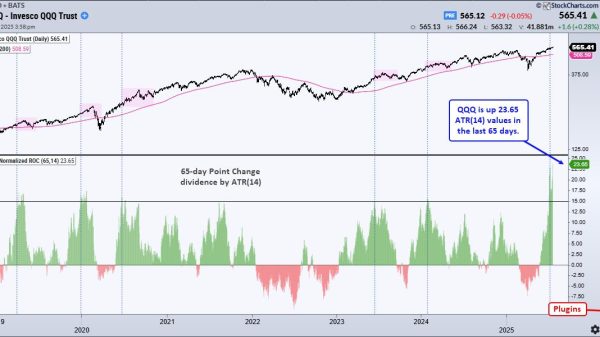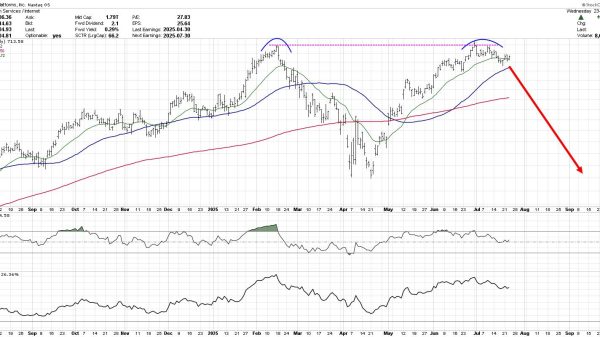
Japan’s principal financial regulator has unveiled a series of proposed measures that could negatively impact the peer-to-peer (P2P) transactions market.
In a Wednesday announcement, the Financial Services Agency (FSA) issued a formal request to Japanese banks, noting that a high number of fraudulent transactions in the country have links to crypto assets.
Collaborating with the National Police Agency (NPA), the FSA and NPA asked banks to enhance user protection through various initiatives.
Japan’s FSA Asks for Heightened Monitoring
One of the recommended initiatives asks banks to “strengthen monitoring of unlawful transfers to crypto-asset exchange service providers.”
While it doesn’t provide explicit details, it urges banks to be more vigilant in detecting and preventing fraudulent transfers.
However, it is the second proposed measure that could potentially disrupt the P2P market.
The FSA suggests that transfers to crypto-asset exchange service providers should be halted if the sender’s name differs from the account name.
The Japanese press release uses the verb “reject,” clarifying that this suspension would apply to both individual and corporate accounts.
This recommendation has raised concerns among users of P2P platforms, as the nature of such transactions often involves different names on the fiat and crypto ends.
If Japanese banks start rejecting transfers from one individual’s bank account to another’s crypto wallet, it could pose a significant challenge to the P2P market.
It is important to note that the current FSA request is presented as a recommendation rather than a mandatory requirement.
Its purpose is to encourage initiatives rather than impose specific obligations.
The response of the banks to these recommendations and the potential impact on the P2P market remain uncertain.
Japan to Exempt Crypto Firms from Taxes on Unrealized Gains
Last year, the country’s National Tax Agency also revealed that it has revised its law to exempt crypto token issuers from 30% corporate taxes on unrealized gains, effective from June 20.
At the time, Prime Minister Fumio Kishida said the move was aimed at boosting its blockchain and crypto sectors amid a push for “new capitalism.”
Crypto investors will still be liable to pay a maximum of 55% income tax on any earnings over JPY200,000 ($1,797) related to cryptocurrency, classified as “miscellaneous income.”
However, the approval of this bill hinges on the decision of both chambers of the Japanese parliament, namely the House of Representatives and the House of Councilors.
More recently, the FSA proposed a new amendment to the definition of Article 2 of the Financial Instruments and Exchange Act in a move to provide clarity on the legal nature, operational rules, member responsibilities, ownership, and tax relationships of DAOs.
The proposed amendment aims to grant a specific token called the “Limited Company Type DAO Employee Rights Token” the same treatment as regular limited liability company (LLC) member rights.
By doing so, the FSA intends to ease regulations on employee rights in tokenized LLCs and streamline the operations of DAOs.
The post Japanese Financial Regulator Proposes Stricter Measures For P2P Crypto Transactions appeared first on Cryptonews.





























